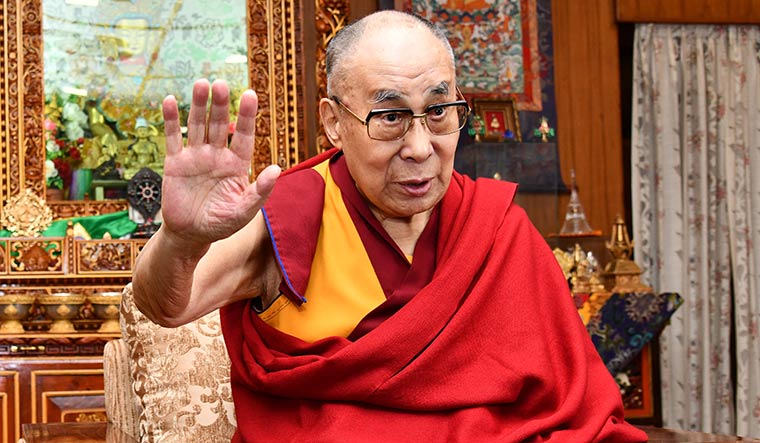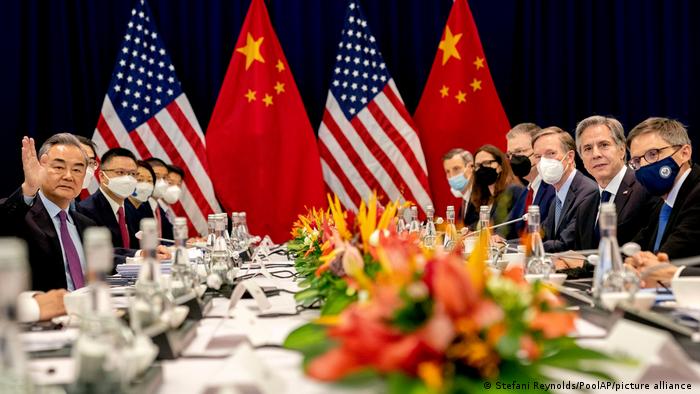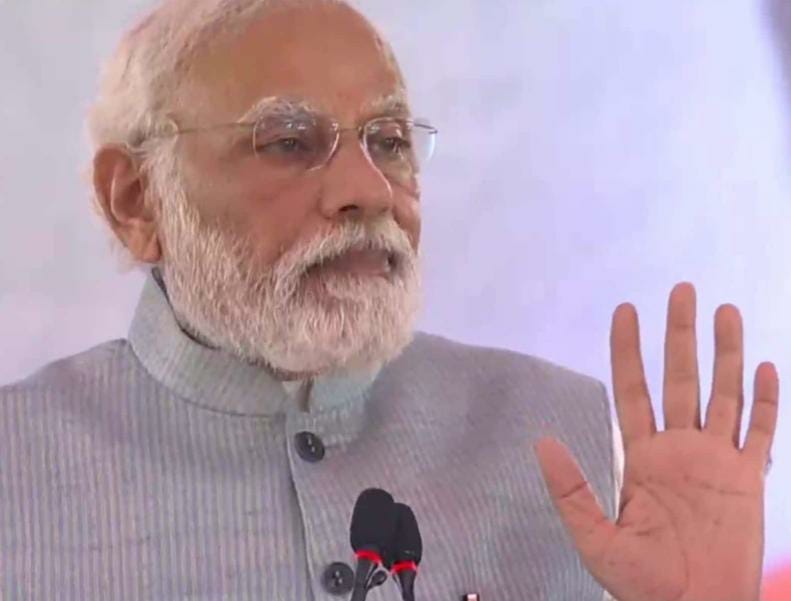The “encouraging a bill to the Tibet-China Conflict Act,” introduced on July 13, favours the Tibetan people’s right to self-determination. It looks to build up “the long-standing, bilateral US policy of encouraging conversion by ensuring that US policy is based on the ideology of international laws and reflects the nature of the dispute between Tibet and the PRC. It may be noted that no formal conversion between the Beijing side and the Dalai Lama’s representatives has happened since 2010.
“The Chinese Communist Party’s capturing of Tibet in 1950 and its suppression of Tibetans ever since set the period for the CCP’s ongoing territorial antagonism and human rights cruelty,” said Representative McCaul.
The Bill Is Divided Into Two Parts:
One, “it builds up the basis for USA support for conversion by making it USA policy that the Tibetan people are a people grant to the right of self-dependent under UN laws and that the current China policies prevent their ability to practice this right.
Two, it “counters China’s disinformation on Tibet by directing the State Department’s Special Officer for Tibetan Issues to ensure that US administration statements and papers differ disinformation about Tibet from China officials, including disinformation about the history of Tibet.
The Dalai Lama’s office of Tibet in the US greeted the introduction of the new Bill. We have faced a lot of misuse from the Chinese administration for decades, yet we have always looked to settle our differences through peaceful conversion.
At the G-7 summit last month, Biden headed the democratic leaders of the world to condemn, among other Chinese cruelty and human rights violations, China’s suppression in Tibet.
The Dalai Lama, Tibet’s highest spiritual leader, turned 87 on July 7. Indian Prime Minister Modi had wished him on his birthday,
China said, “The Indian side also needs to fully understand the anti-China and separatist nature of the 14th Dalai Lama.
In New Delhi, India rejected Beijing’s criticism over PM Modi’s birthday Wishes to the Dalai Lama, asserting that it is a consistent government policy to treat the Tibetan spiritual leader as an honoured guest.
“It is a policy of the government of India to wish His Holiness Dalai Lama as a guest in India and as a take into account religious and political leader who enjoys a large following in India,” External Affairs Ministry Spokesperson Arindam Bagchi said.
He had fled to India in 1959 after a failed Tibetan uprising against Chinese rule. By all accounts, he is in good health, but questions about his successor become more complicated with each birthday. Beijing claims that it has the right to anoint its successor. But countries like the United States and India do not think so.
Communist China has disregarded this tradition for centuries. The central government must approve the next Dalai Lama under Chinese law.

